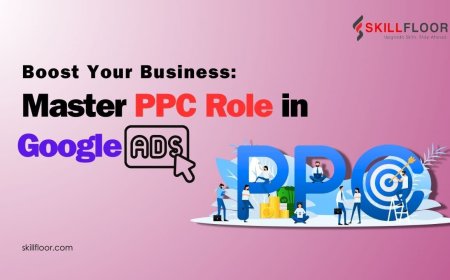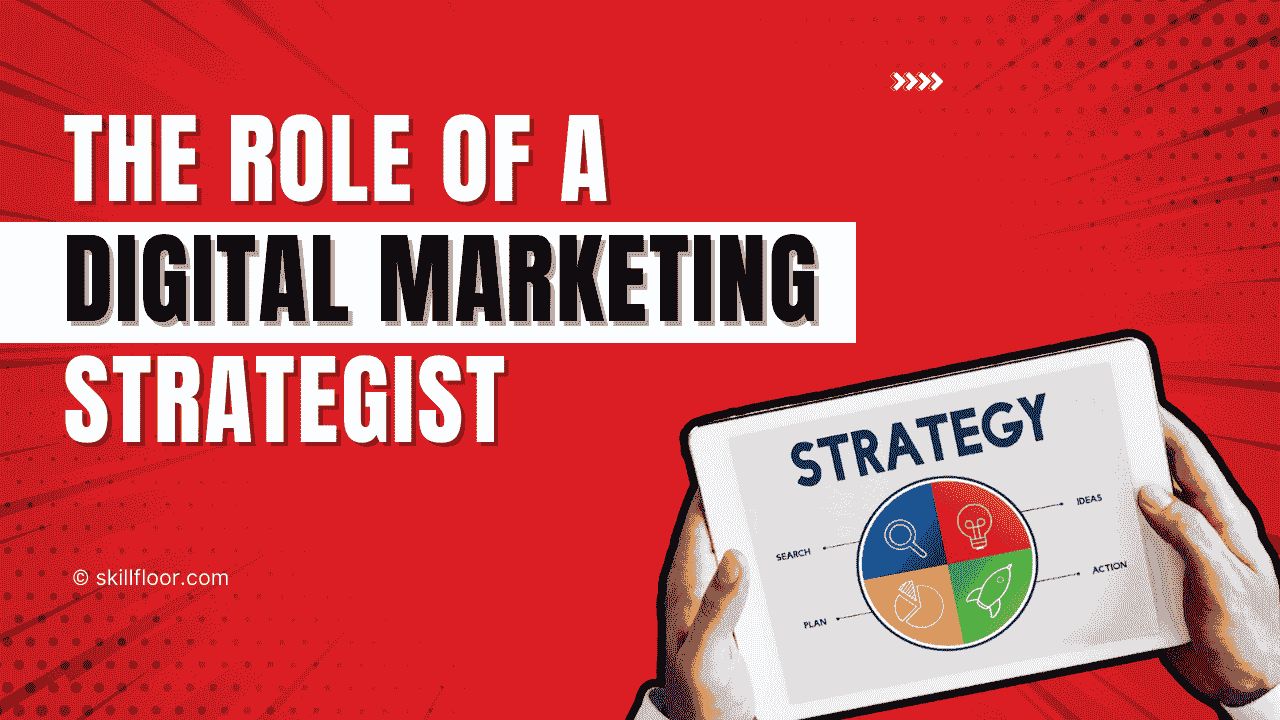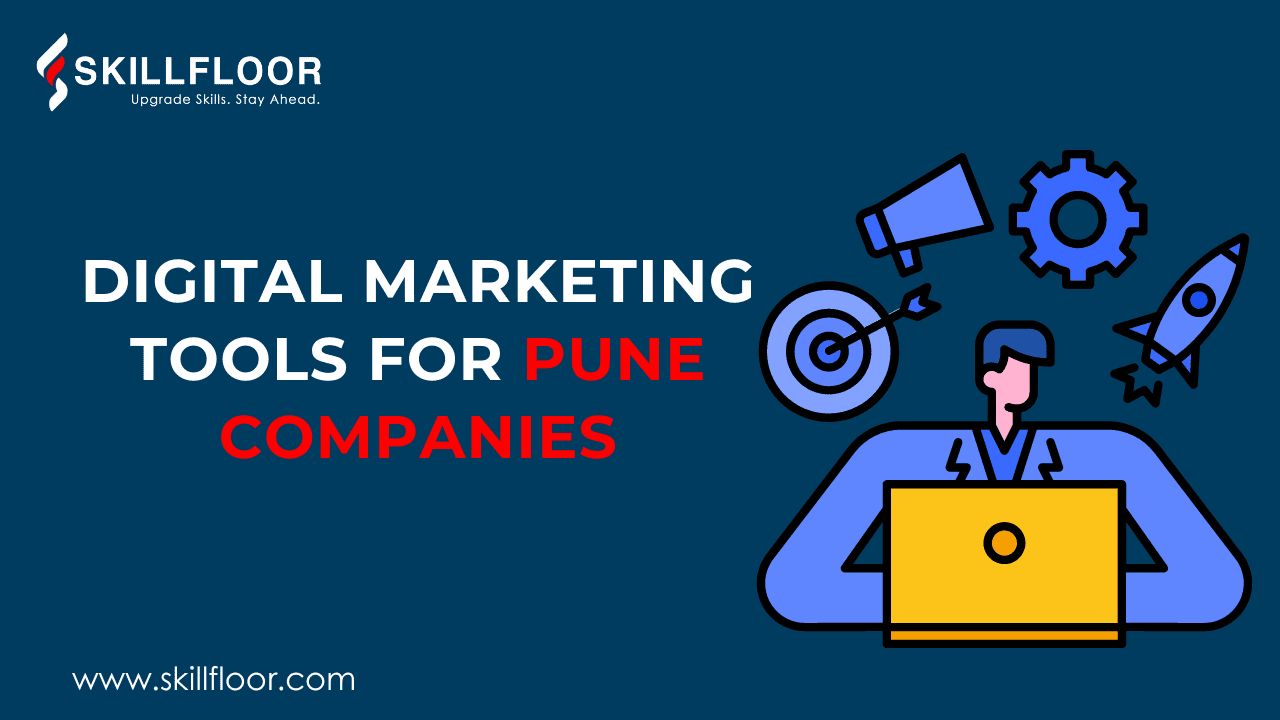Why PPC Ads Are Essential for E-commerce Success
Discover why PPC ads are crucial for e-commerce success. Boost visibility, drive traffic, and increase sales with targeted pay-per-click campaigns.
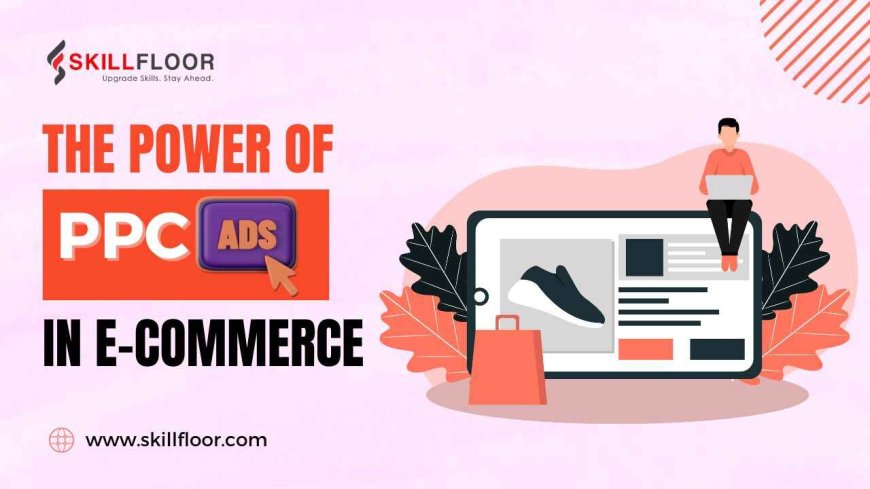
In e-commerce, PPC Ads have become a vital tool for businesses looking to enhance their online presence. These ads, which appear on search engines and social media platforms, help companies connect directly with customers who are actively searching for products or services. By using PPC Ads, e-commerce businesses can attract immediate attention and drive traffic to their websites, ensuring they reach potential buyers at the right moment. Integrating digital marketing techniques with PPC Ads allows businesses to effectively tap into a broader audience and improve their chances of making sales.
Another great advantage of PPC Ads is the ability to measure and adjust your campaigns in real-time. With access to detailed analytics, you can see how your ads are performing, from click-through rates to conversion data. This insight helps you make informed decisions and refine your strategy to get the best possible results. Coupled with broader digital marketing efforts, PPC Ads can provide a balanced approach to attracting new customers and boosting sales. By keeping a close eye on the performance metrics, e-commerce businesses can continually adapt and grow, ensuring that they stay competitive in a fast-paced market.
Benefits of PPC Ads for E-commerce
1. Immediate Visibility
One of the key benefits of PPC advertising is the rapid visibility it offers. Unlike SEO, which can take months to provide meaningful results, PPC ads can generate traffic to your website nearly immediately. This instant exposure is especially useful for new e-commerce enterprises trying to make a quick impression and establish their presence.
2. Targeted Advertising
PPC ads enable extremely focused advertising. You can define your target using a variety of criteria, including location, age, gender, interests, and online habits. This level of specificity ensures that your ads reach the most relevant audience, enhancing conversion rates and maximizing return on investment (ROI).
3. Cost-effective Marketing
Although it may appear paradoxical, PPC advertising can be quite cost-effective. With a well-optimized campaign, you only pay for genuine clicks, guaranteeing that your cash is allocated to interested prospects. Furthermore, the ability to create daily or monthly budgets allows you to manage expenditures and scale your efforts based on results and available resources.
4. Enhanced Brand Recognition
Even if a person does not click on your ad, simply showing it in search results or on social media can help increase brand recognition. Consistent exposure to your brand can build trust and familiarity over time, increasing the likelihood that consumers will choose your products when they are ready to buy.
5. Measurable Results
PPC campaigns provide detailed metrics and analytics, allowing you to track every aspect of your advertising efforts. From click-through rates (CTR) and conversion rates to cost per acquisition (CPA) and overall ROI, this data enables you to measure success accurately and make informed decisions to optimize your campaigns continually.
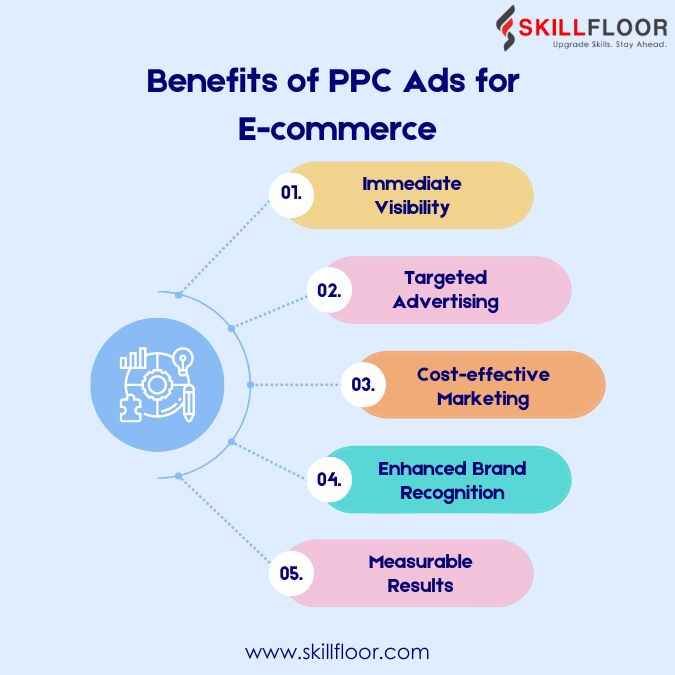
Maximize the Effectiveness of PPC Ads
1. Conduct Thorough Keyword Research
Effective keyword research is the foundation of any successful PPC campaign. Use Google Keyword Planner to find high-performing keywords related to your items. Focus on broad and long-tail keywords to reach a larger audience and more specialized search intents.
2. Craft Compelling Ad Copy
Your ad copy should be short, entertaining, and effectively express your product's value proposition. Include powerful calls to action (CTAs) to increase clicks and conversions. Test multiple versions of your ad copy regularly to see which works best.
3. Optimize Landing Pages
Make sure your landing pages are optimized for conversions. They should be relevant to the ad content, load swiftly, and offer a consistent user experience. Conversion rates can be considerably increased by using clear CTAs, high-quality images, and detailed product descriptions.
4. Utilize Negative Keywords
Negative keywords prevent your advertisements from appearing in irrelevant searches, freeing up the budget for more qualified traffic. Review your search term data regularly to find and exclude phrases that aren't generating valuable traffic.
5. Monitor and Adjust Your Campaigns
PPC advertising is not a set-and-forget technique. Continuously monitor your campaigns, analyze performance statistics, and make any necessary changes. To increase results, you may want to alter ad copy, adjust pricing, or fine-tune your targeting parameters.
How do PPC ads differ from SEO?
PPC ads, or Pay-Per-Click advertising, involve paying for ad placements on search engines or other platforms. PPC allows advertisers to bid on certain keywords and have their adverts appear at the top of search results or on relevant websites. The essential difference is immediacy. PPC gives you rapid visibility with your target demographic. When someone clicks on your advertisement, you pay a fee. This methodology guarantees that your website receives immediate exposure to users who are actively looking for products or services similar to yours. It's similar to renting space at the top of search results or on websites popular among your target demographic. While PPC needs investment, it produces immediate returns, making it suitable for firms that need to create traffic and conversions fast.
SEO, or Search Engine Optimization, focuses on improving your website's organic ranking in search engine results pages (SERPs) over time. Unlike PPC, SEO does not require payment for clicks. Instead, it employs a variety of methods including keyword optimization, content creation, link building, and technical enhancements to increase your website's presence in unpaid search results. SEO initiatives take time to provide substantial benefits because search engines must crawl and index your website. However, once your site performs well, you can get continuous organic visitors without incurring ongoing advertising costs. SEO establishes a long-term reputation and authority for your website, resulting in consistent traffic and conversions.
PPC advertising is a key tool for e-commerce success. Its ability to provide quick visibility, targeted reach, and measurable results makes it an important part of any e-commerce marketing strategy. By using PPC ads, e-commerce businesses can attract traffic, increase sales, and build brand recognition, leading to ongoing growth. Whether you’re launching a new product, promoting a sale, or looking to boost your online presence, PPC advertising offers the flexibility and effectiveness to help you achieve your goals. If you haven’t yet integrated PPC into your marketing efforts, now is a great time to start and see how it can enhance your e-commerce business.

















































